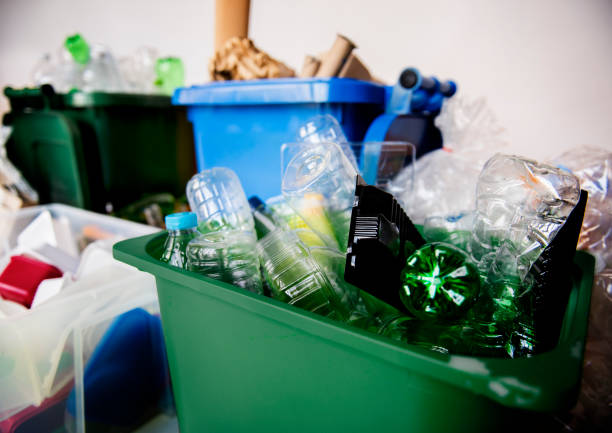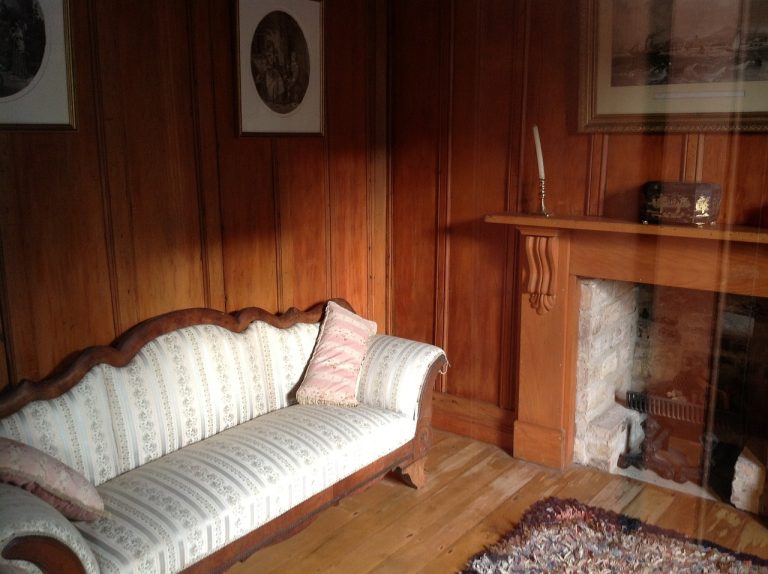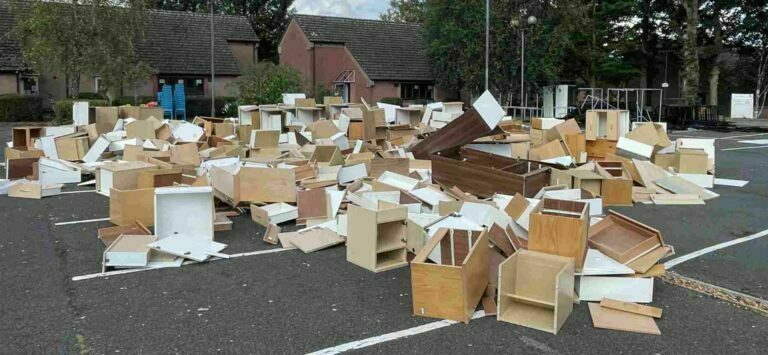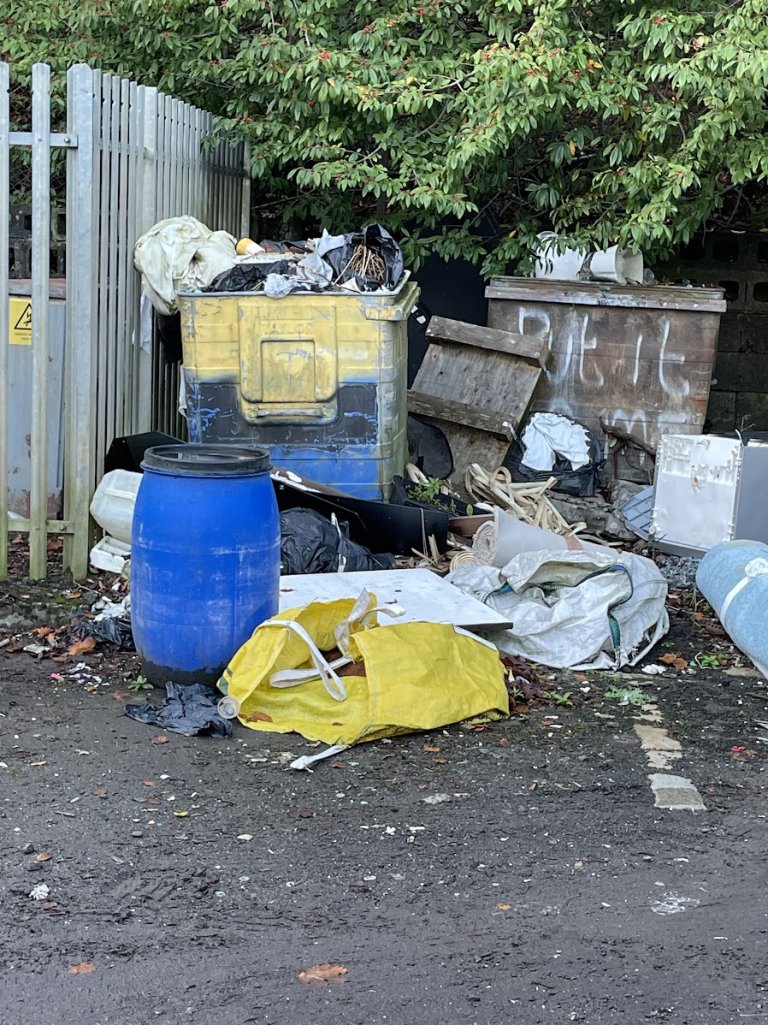How to make money out of rubbish
In today’s world, where environmental consciousness is on the rise, recycling solutions are becoming more sought after. there are numerous opportunities to turn waste into a valuable resource. From recycling and upcycling to innovative waste management strategies, Businesses and individuals alike can benefit financially from responsible waste disposal, especially by recycling aluminium cans and ink cartridges.
Recycling Solutions: Identifying Valuable Rubbish Items
The key to turning trash into treasure lies in identifying valuable items that can be repurposed or sold. Here are some tips for recycling companies to help you make extra cash:
- Rarity: items that are unique or hard to find can often pay money when sold. Seek out items that are scarce or hard to find. These unique pieces often hold greater worth.
- Condition: Ensure that the items collected in the recycling bin are clean, free from contaminants, and suitable for baler processing. The condition of the item is crucial for successful recycling and should be assessed before sending it to the baler. Well-preserved items can fetch higher prices and could earn you extra cash.
- Historical Significance: Items with historical importance, like vintage glass bottles, can be particularly valuable to collectors and enthusiasts, providing ways to turn trash for cash.
- Market demand for recycling companies is crucial to understand, especially for electronic waste. Research what types of items, like aluminum cans and toilet rolls, are in high demand for recycling. Align your efforts with popular trends to maximize profitability.
Starting a Profitable Recyclables
If you’re interested in starting a recycling business, setting up a recycling bin centre for collecting aluminum cans and glass bottles can help reduce landfill waste. consider providing a recycling bin service for local residents. Here are some steps to consider for turning trash into cash: identify items that could make money through resale or recycling.
- Identify Your Target Market: Determine the types of recyclable materials, such as aluminium cans and glass bottles, that are in demand in your area to reduce landfill waste.
- Source Reliable Suppliers: Build relationships with local businesses to facilitate the collection of recyclable waste. Manufacturers can play a crucial role in the recycling process by ensuring their products are made from recyclable waste, such as using a cardboard baler for efficiency. and waste management facilities.
- Invest in equipment and infrastructure, including recycling bins and waste collection trucks, to streamline your operations. Investing in the necessary machinery, containers, And transportation vehicles are essential for the efficient movement of recyclable waste, including scrap metal.
- Create a Marketing Strategy: Develop a plan to promote your services and attract customers interested in recycling for money.
- Innovate and differentiate by creating a unique recycling bin design that encourages community participation. Find ways to stand out from your competitors by offering unique services, such as a waste collection program for aluminium cans.
Turn Your Trash Into Cash: Creative Upcycling Ideas for Profit
Upcycling is a fantastic way to transform waste into valuable items, such as turning glass bottles into decorative pieces that could make money. Here are some creative ideas for transforming trash into cash: consider selling your unwanted items or upcycling them.
- Revamp Old Furniture to turn trash into cash by selling your old pieces through resale. Repaint or reupholster old furniture to give it a new lease on life, diverting it from the landfill.
- Make Jewelry from Throwaways to resell at local markets. Create unique jewelry pieces using materials like broken glass and empty perfume bottles to sell and earn cash. buttons, And metal scraps can be collected and processed through a baler for recycling.
- Decorative Items from Packaging: Repurpose cardboard, Plastic bottles can be recycled or upcycled for extra cash. and tin cans into storage containers, Plant pots can be creatively designed using recycled materials like glass bottles and aluminium cans. or wall hangings.
- Upcycle Old Clothes into fashionable items to resell. Create fashionable items from outdated garments by altering their silhouette or adding embellishments that can be resold.
- Wine Cork Crafts: Use wine corks to create coasters and sell empty perfume bottles to earn cash, while also exploring ways to recycle other unwanted items. To promote environmental awareness, bulletin boards can be made from recycled materials, such as old aluminium cans. or keychains.
Maximizing Profitability through Waste Management Strategies
Businesses can benefit significantly from implementing effective waste management strategies, including cardboard recycling. By recycling materials, you could make money while contributing to sustainability. Composting organic waste is a great way to reduce landfill contributions. and recovering energy from waste, businesses can reduce operational costs and generate additional revenue.
Case Study: A Bakery’s Successful Waste Management Initiative
A small bakery in Manchester transformed food waste into valuable resources by creating breadcrumbs and croutons from leftover bread, reducing landfill contributions. This not only increased their profitability but also enhanced their eco-friendly reputation.
Conclusion
Turning trash into treasure, such as repurposing toilet rolls into art or recycling for money, is not only a sustainable practice but also a lucrative opportunity. By identifying valuable items, you could earn extra cash. Starting a recycling business, and implementing creative upcycling ideas, individuals and businesses can contribute to a cleaner environment while generating profit. Remember, the key to success lies in understanding market demand, investing in the right resources, And adopting innovative strategies, like a community glass bottle collection program, which can enhance your recycling efforts.






